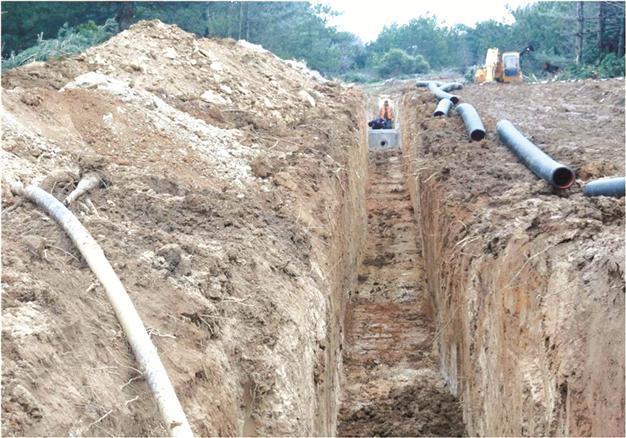Iraqi Kurdistan ‘opens’ official crude oil trade route via Iran
ARBIL/DUBAI- Reuters

The Kurdistan Regional Government (KRG) has reportedly approved a second route for crude through Iran after Turkey, although a KRG official denies any crude was going through Iran yet.
Iraq’s Kurdistan region is exporting crude oil by truck to an Iranian port for shipping to Asia, industry sources say, using a trade route that is likely to anger both Baghdad and Washington.In a dispute largely over revenue sharing, Kurdistan’s crude exports through a pipeline controlled by the Iraqi central government dried up last year. However, it is transporting about 50,000 barrels per day (bpd) of crude and condensates by road from the landlocked region through Turkey.
Now the Kurdistan Regional Government (KRG) has approved a second route for crude through Iran used previously only for petroleum products, the sources said. For the past two months, crude has been trucked from Kurdish fields over the border to Iran’s Bandar Imam Khomeini (BIK) terminal, 900 km (560 miles) to the south on the Gulf. Amounts are unclear but could be as much as 30,000 bpd, they said.
One industry source in Kurdistan said the regional government in Arbil was anxious not to put out either of the region’s powerful neighbors, Turkey and Iran, in transporting the crude. “It’s a political compromise,” said the source, who declined to be identified. “They cannot ignore the Iranians and go all the way ... with the Turks. They have to balance.”
What about Iran?
However, it is not clear what Iran, which faces huge problems in selling its own oil products because of international sanctions, gets out of the arrangement.
Asked about the route, the Kurdish government did not comment on the record, although a KRG official source denied any crude was going through Iran yet.
Oil lies at the heart of the dispute between the Arab-led Iraqi central government and the ethnic Kurdish-run northern enclave. At issue are control of oilfields, territory and crude revenues shared between the two administrations.
“We have made it very clear that the only acceptable option for oil exports is through the federal pipeline network,” a senior Iraqi oil official said. “We consider any other trade, whether it be through Iran or Turkey, as smuggling. It’s illegal.”
Arbil has already antagonized Baghdad by signing exploration and production deals on its own terms with firms including Exxon Mobil, Chevron and Total, and is currently laying the final stretch of an independent export pipeline to Turkey. Fuel oil and naphtha have moved by truck from Kurdistan through Iran for years, because Kurdish domestic sales contracts allow the sale of these products outside Iraq.
Industry sources said the oil is mainly from the region’s three biggest producing fields - Taq Taq, Tawke and Khurmala.
Bjoern Dale, acting managing director of DNO which operates Tawke, said he did not know whether any crude from the field was going over the border into Iran. “We have no knowledge of any such transactions,” Dale said. “We sell oil on the market, and once we sell, the buyer takes control and responsibility.” Genel Energy, which is involved in both Tawke and Taq Taq, also said it sold crude at the well-head.
















